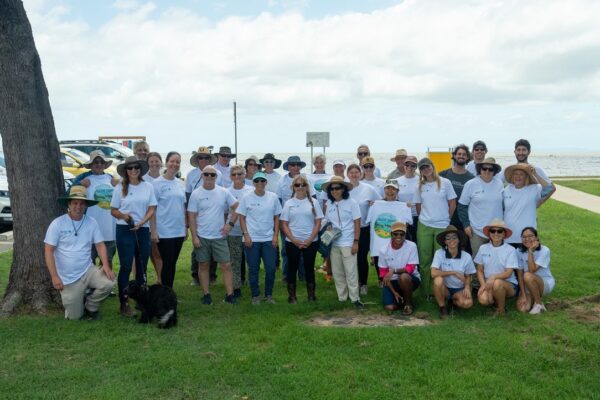Green Energy Bonanaza
It was a banner week for renewable energy in the news.
- Life After Oil and Gas
Elisabeth Rosenthal makes a splash by daring to suggest we might not need fossil fuels after all.
- America could be powered almost entirely by wind & solar by 2030
…but we need LOTS of it. Grist summarizes a new study with some good news and a challenge to the American people.
- IMF: Want to fight climate change? Get rid of $1.9 trillion in energy subsidies
A new report from the International Monetary Fund shows the world is mispricing fossil fuels via some seriously hefty subsidies.
- Americans believe in climate change risks but won’t pay to fix them – survey
A recent survey out of the Woods Institute for the Environment and the Center for Ocean Solutions found that Americans showed high acknowledgement of climate risks due to extreme weather, but were unwilling to pay to mitigate those risks. 70% believed climate change would lead to dangerous sea-level rise and more damaging storms – but only 30% – 37% supported taking steps such as building sea walls, trucking in new sand for beaches, and paying coastal residents to move inland.
- Americans Want More Emphasis on Solar, Wind, Natural Gas
A Gallup poll has found that 2/3 Americans want the US to emphasize producing energy via solar, wind, and natural gas. The most shocking? Oil, nuclear, and coal are most popular with Republicans in the south! Amazing.
News
- Within mainstream environmentalist groups, diversity is lacking
“The environmental movement has a bit of a reputation as being a wealthy white community,” and unfortunately that rep is well earned. This very interesting article addresses environmental organizations’ hand in our misguided “racially segregated environmental movement… the environmental justice movement and a mainstream movement.” This is a massive shortcoming considering research by The Ocean Project and others identifying minority citizens as motivated for environmental action, and the fact that people of color are disproportionately affected by environmental health issues.
- Asia going low carbon faster than Europe, report says
Though China has surpassed the US as the world’s most prolific carbon emitter, Asia overall is going lower carbon faster than almost anyone. This news goes well with the recent revelation that the UK’s CO2 emissions rose by 4.5% in 2012.
- Innovative Study Examines Whether MPAs Can Save Fishermen as Well as Fish
Isn’t this the embodiment of the phrase “the best of both worlds?” We’re eager to see what happens.
Social proof is in the pudding
Why do we do what we do? You may have noticed people on Facebook changing their profile pictures to a red square with an equal sign – publicly showing their support for marriage equality. Depending on what circles you run in, you may have also noticed jaded people criticizing such an easy, token bit of slacktivism. Will changing your Facebook profile picture do anything for marriage equality?
This question is actually relevant to environmental behavior change. The above article gives a run down of how impactful norms can be on peoples’ behavior. Environmental messaging often takes the tack of prescriptive norms, telling people what they should do, rather than descriptive norms, telling what people are actually doing. Did you ever go to high school? We’re talking peer pressure for the greater good. This interesting article from Ensia takes a look at how social proof can be expressed through gamefication of environmental behaviors. Game on!



